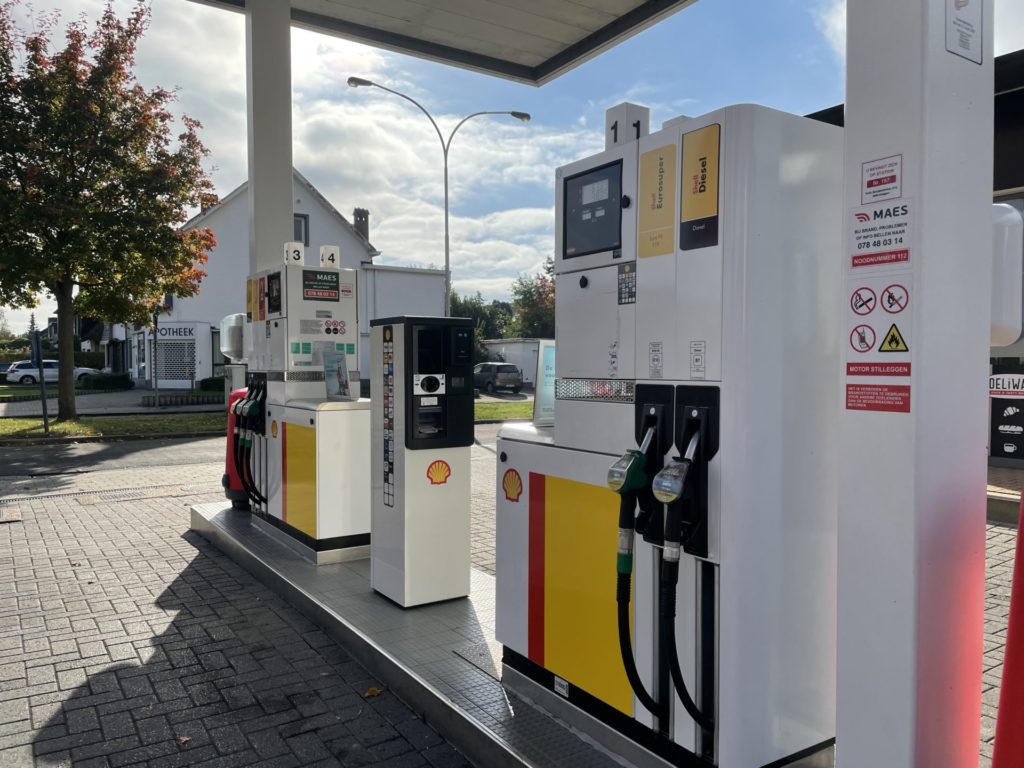In October, inflation in Belgium rose to 4.16%, the highest rate since 2008, and up from 2.86% in September, as a result of the sharp rise in energy prices.
During the last weeks, energy prices rose to historically high levels due to complications in the gas and electricity markets and supply failing to keep up with demand, which is the main culprit of this increase in inflation, according to the Federal Public Service Economy.
"Energy currently has an inflation rate of 30.86% and contributes 2.62 percentage points to total inflation," a press release published on Thursday stated. In September, this figure was just 19.37% while it sat at 17.15% in August.
The price of electricity has increased by four-fold since this time last year, while natural gas prices have increased by 77.5%. The price of diesel and petrol also rose since last year, by 28.0% and 23.3% respectively.
The impact of energy prices is reflected in the core inflation, which does not take into account the price trend of energy products and unprocessed food, as the rise in this figure is significantly lower, from 1.61% in September to 1.95% in October.
Related News
- Rise in fuel prices will bring Belgian State €547 million in tax, say Workers Party
- Energy prices: EU’s demand and supply dilemma in importing natural gas
Meanwhile, the consumer price index - showing the evolution of the price level of a basket of goods and services that is representative of household expenditure - increased by 1.65 points or 1.47% this month.
Aside from natural gas, electricity, and motor fuels, the main price increases recorded in October were for hotel rooms, of which the price increased by 14.6% this month; meat (+1.6%); and restaurants and cafes (+0.7%).
The current price increases are happening at a much faster speed than expected, which is largely a result of the coronavirus crisis, according to reports from De Morgen.
Many factories promptly closed down as countries tried to contain the spread of the virus, resulting in a decreased demand for materials and a reduction of stocks. However, now that economic recovery has set in, global production cannot keep up with the rapid increase in demand.
On the other hand, the price of alcoholic beverages had a downward effect on the index, while food and non-alcoholic beverage inflation dropped for the ninth consecutive month and currently stands at -0.31%. Rent inflation was 2.47% in September and fell to 2.44% in October.

